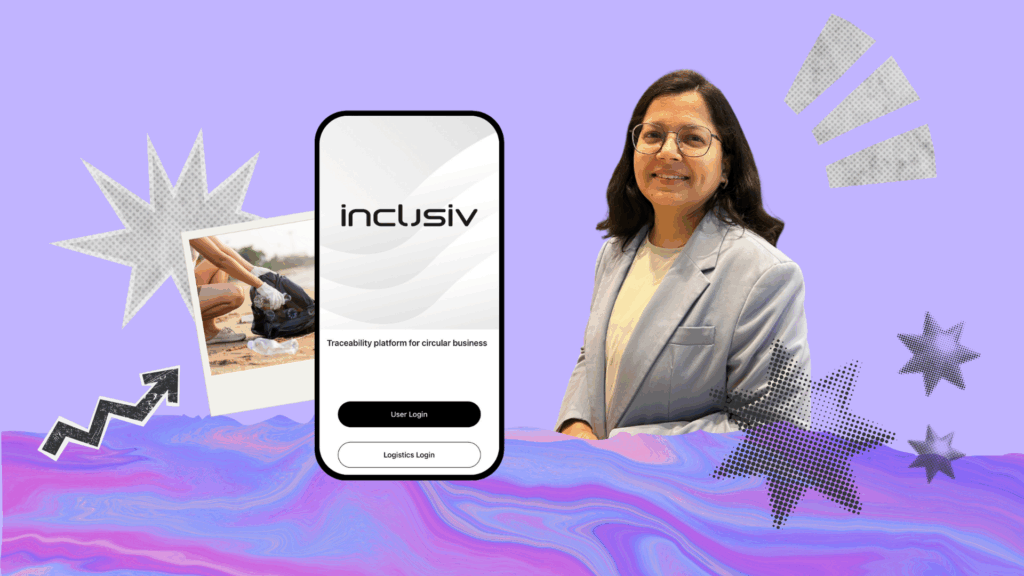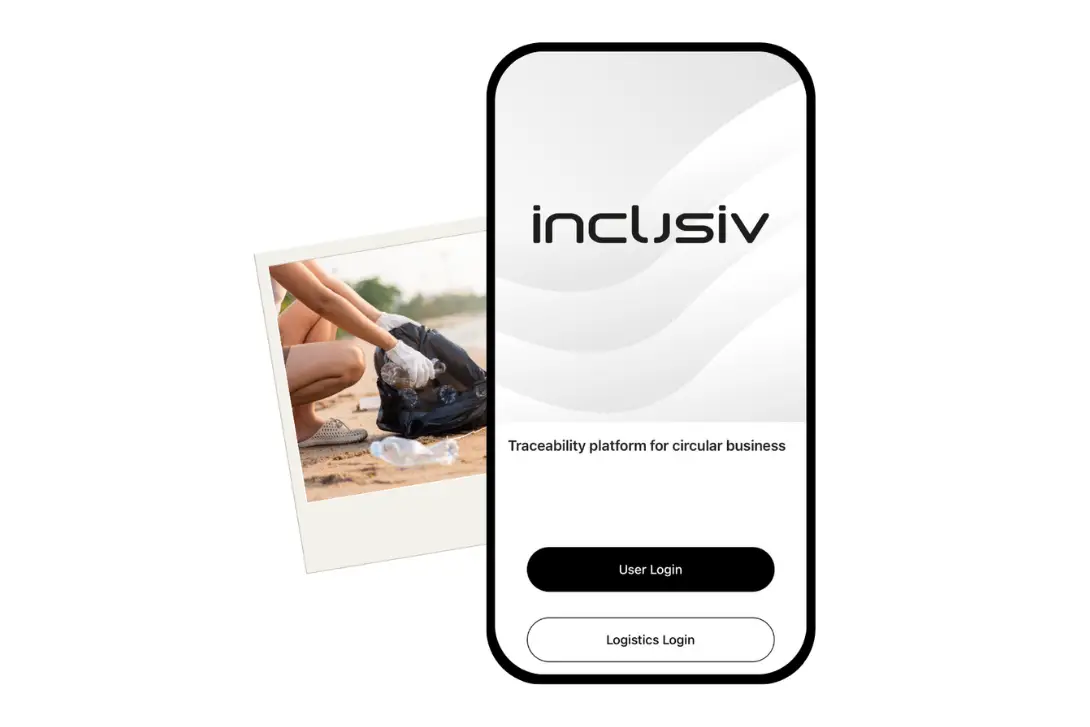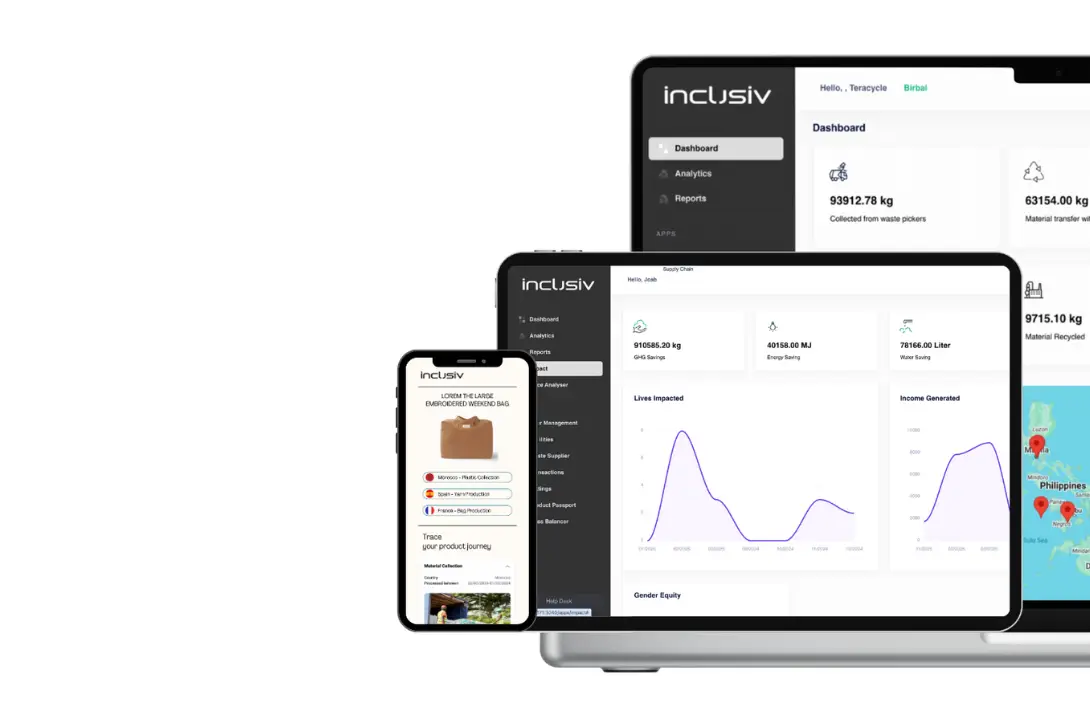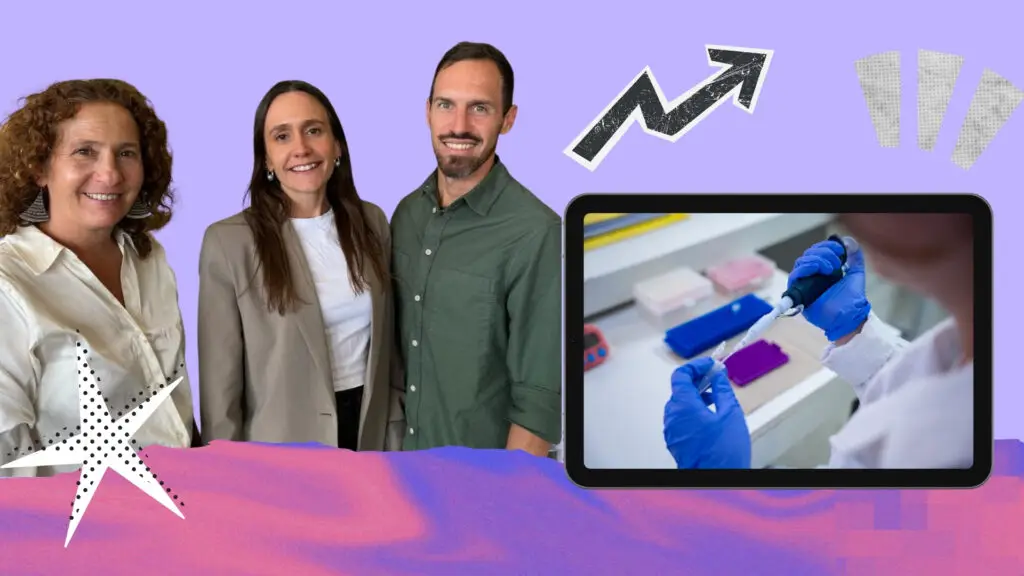Driving Social Impact: Surbhi Jore’s Global Waste Revolution

As the founder of a tech platform focused on sustainability, what motivated you to tackle the global waste problem using technology?
My motivation is deeply rooted in my years of experience in the waste management sector, where I worked closely with a wide range of stakeholders — from informal waste workers and recyclers to government agencies, brands, and NGOs. Over time, I observed a consistent pattern: despite good intentions, many stakeholders were unable to create meaningful or scalable social impact because of the lack of a collaborative, data-enabled platform.
Everyone was operating in silos — data was fragmented, trust was low, and impact was difficult to verify. I realized that without transparent, reliable data systems, it’s impossible to measure progress, unlock financing, or drive accountability at scale. This is what inspired me to build Inclusiv and RecyclX — platforms designed to bridge these gaps through technology, enabling real collaboration, traceability, and verifiable impact across the circular economy.

How did the idea for RecyclX come about, and how did you know it had potential?
RecyclX was born from listening to the pain points of recyclers, brands, and regulators struggling with fragmented data, greenwashing, and compliance complexities. The idea came from working directly with value chain actors and recognizing the gap for a reliable, scalable traceability platform tailored for circular economies. We knew it had potential because our early pilots showed immediate value in unlocking credits, financing, and operational efficiencies, while solving for traceability and impact verification, which drives social impact.
You don’t have to build alone
You're operating in 35+ countries and tracking 700+ million kg of material. How did you scale from your first client to this massive global operation?
We focused on collaboration, credibility, and solving real problems. Instead of chasing rapid expansion, we worked through strategic partnerships with industry associations, NGOs, and regulators, starting in Southeast Asia, then scaling through word of mouth and successful pilots. Our approach prioritized local trust, practical technology, and adaptability to different regulatory environments. That’s what allowed us to scale organically and sustainably while maximizing social impact across diverse communities.


What’s the hardest lesson you’ve learned while scaling a business internationally with a focus on social impact?
Scaling across borders requires patience, cultural humility, and flexibility. One size doesn’t fit all—what works in Europe may fail in Southeast Asia if you don’t understand local systems, trust dynamics, and regulatory nuances. The hardest lesson was learning to listen more and adapt faster, rather than pushing a rigid playbook.
Were there any surprising lessons you learned as you built a tech company focused on sustainability and social impact?
Yes, technology alone doesn’t drive change; people and trust do. No matter how advanced your platform, adoption depends on aligning incentives, building trust in the system, and communicating value in simple, human terms. Another surprise was how complex supply chains can be resistant to transparency, even when it’s in their best interest.
What are the specific aspects one needs to pay attention to when selling a B2B product? Can you share your experience here?
For B2B, particularly in sustainability, it’s crucial to understand the client’s pain points deeply and demonstrate how your solution directly improves their KPIs—be it compliance, cost efficiency, or reputation. Building trust, proving reliability, and having domain expertise are often more important than flashy tech. Relationships, credibility, and delivering consistent value are non-negotiable, especially when the goal is creating measurable social impact.
Can you walk us through how RecyclX's digital product passports work and why they're game-changing for regulatory compliance?
Our digital product passports create a chain-of-custody record from origin to end-of-life, linking every transaction, certification, and environmental impact across the lifecycle of materials. They enable brands and recyclers to prove compliance with EPR, ESG reporting, and carbon standards, with verified, auditable data. This visibility is game-changing because it reduces greenwashing risks, unlocks financing, and builds trust with consumers, regulators, and investors, amplifying social impact across the supply chain.
What can other entrepreneurs learn from your experience in working across cultures and markets?

For someone just starting out in sustainability tech, where would you suggest they begin?
Start with a real-world problem, not just a technology. Engage with communities, recyclers, farmers, or industry groups who are struggling with traceability, waste, or emissions. Ground your innovation in their reality, validate the business case, and scale from there. Also, familiarize yourself with evolving regulations—they drive demand in this space.
What’s next for you, and what future goals do you have for RecyclX?
Our goal is to solidify RecyclX as the global standard for digital traceability in circular economies, expanding our impact across new industries like textiles, batteries, and renewable fuels. We are also focused on integrating AI to further simplify compliance and impact reporting, making traceability accessible for businesses of all sizes. Ultimately, we aim to help unlock climate and circular financing for those driving real-world change and lasting social impact.
Feeling inspired?
There’s so much more where that came from.
📖 Explore our online magazine—full of honest, empowering stories from women building bold, meaningful lives—just like you.
✨ Want deeper support? Try the free trial of our Membership and get access to expert-led courses, a caring community, and practical tools to help you grow with clarity and confidence.
🤝 Want to network and learn from experts and fellow founders? Join our upcoming events—masterclasses, workshops, and real conversations that fuel your journey.
📬 Not ready to dive in? That’s okay. Join our newsletter for real advice, encouragement, and resources—right when you need them.
You don’t have to figure it all out alone. We’re building this, together.







Responses